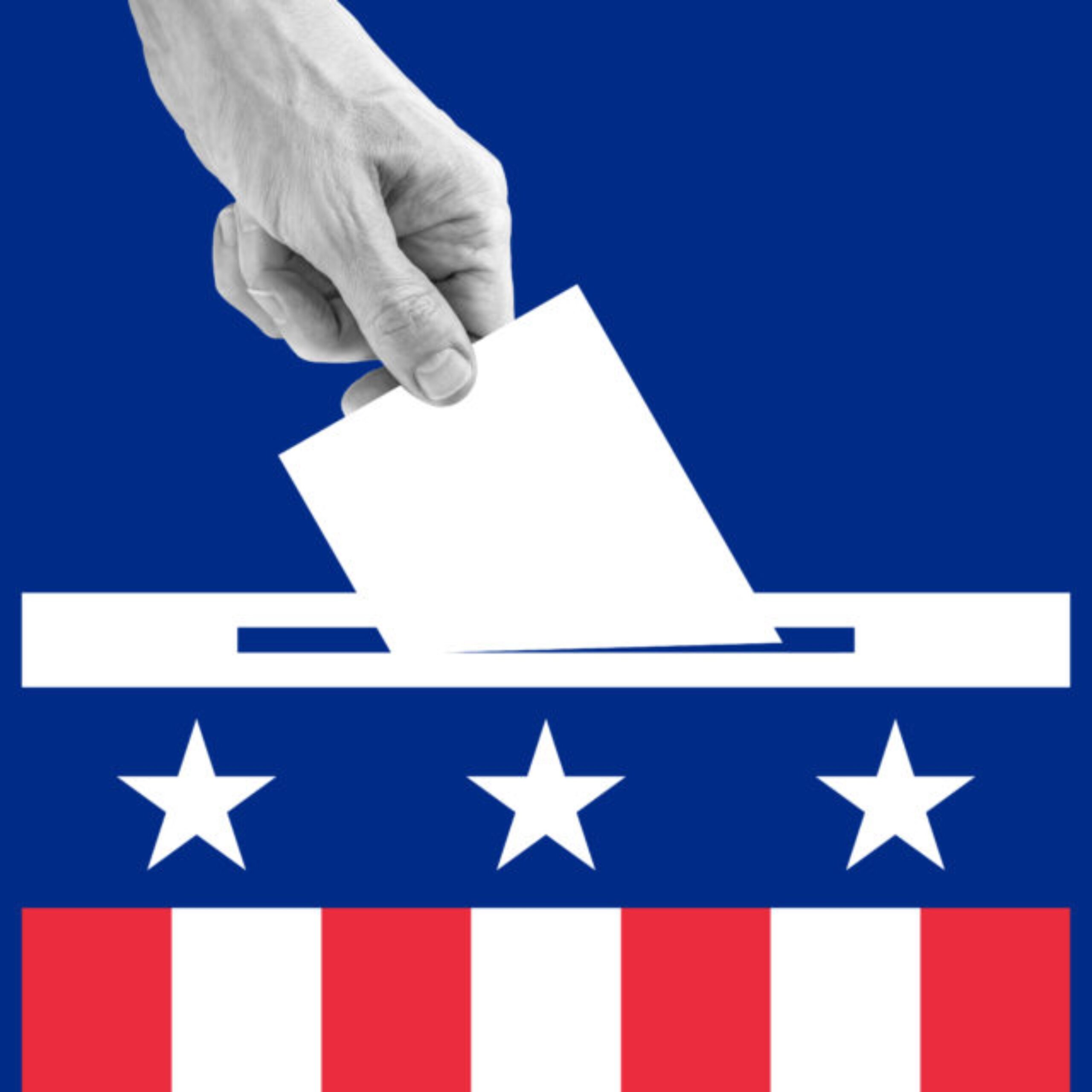With the November presidential elections right around the corner, the American business community has cast its initial predictions on who will sit at the helm of the US in a new term. According to the 2024 UBS Investor Watch survey, 57% of wealthy investors plan to vote for Vice President Kamala Harris, while 43% favor Republican nominee Donald Trump. The near-equal split in pressing facets indicates a tough tug-of-war for the Electoral College in 2024.
Sound economic planning will sway the vote
Rob Karofsky, President of UBS Americas and Co-President of UBS Global Wealth Management, remarked that “the economy is a top concern, both among investors and business owners.” Business owners across the spectrum believe that former president Trump is better equipped to stir the US economy into the green. However many investors recognize Vice President Harris’ focus on the emerging middle class. Kamala Harris attracted 43% of voters who viewed tax reforms as a key business concern.
I reject the false choice that we must decide between securing our border and creating a system of immigration that is safe, orderly, and humane.
We can and we must do both.
— Kamala Harris (@KamalaHarris) September 28, 2024
The survey also highlighted a renewed optimism among both political factions in 2024. Data collected by UBS Wealth Management suggests that “74% of investors are highly optimistic about portfolio returns over the next six months, compared to 57% four years ago.” This supplements the overwhelming anticipation in the US market, where “77% of investors” are bracing for noticeable portfolio shifts.
The candidate who vows to draft and abide by a robust financial plan is likely to win the trust and votes of American investors. 92% of investors believe that election-rated market volatility can be curbed if sound financial planning follows election season in November. Mark Haefele, Chief Investment Officer at UBS Global Wealth Management, noted Vice President Harris’ growing appeal among the American business class. “She stands a 55% chance of winning the presidency given the momentum she’s had” since Biden passed on the Democratic baton in July.
US presidential elections will rattle markets and trade, to an extent
In the case of a Democratic win, markets will resume the status quo, according to Hartmut Issel, Head Equity & Credit APAC, CIO WM at UBS Wealth Management. In the case of a Trump win, Asian markets will experience a “bigger delta.” Trump remains loyal to his former promises in 2020 and 2016 of imposing 100% tariffs on China. Experts at UBS believe Trump’s polarizing stance on ostracizing China may just be a “negotiation tactic.” In light of such a reality, Issel forecasts a “0.7% growth deduction in China.”
Several UBS experts acknowledged the existence of an age-old narrative in political circles: friends of the US don’t feel the pinch of targeted foreign policy. Data from the Heritage Foundation introduced two dimensions to this nuanced notion. US trade deficits with trading partners and the price of assets often display the quickest impact of changing power.
Issel cited the US dispute with India in 2018 over the import of Harley-Davidson motorbikes. After Trump’s persistent mention of the 100% import duty imposed on Harley Davidson bikes In India, the Indian government sought an amicable compromise by lowering taxes to 50%. However, the hollowness of this policy reform becomes evident as “Harley-Davidson assembles 12 out of its 16 models in India for domestic consumption.” Therefore, more than half of the bikes produced were not even subjected to tariffs. Peter MacKenzie, Managing Director of India & Greater China for Harley-Davidson, confirmed that “a reduction in customs and any cut is always welcome; however, a large portion of our [Harley Davidson] portfolio is locally produced.”
Simply put, “no economy is completely unaffected by US tariffs.” The Harley Davidson case affected APEC markets, but only as events unfolded. Issel reiterated that a “Trump win would have an effect on financial markets, but a direct impact will be fairly limited.”
Today, it was my Great Honor to Address the storied Economic Club of New York! pic.twitter.com/YzobFNSUgg
— Donald J. Trump (@realDonaldTrump) September 5, 2024
While Trump appeals to investors with a keen interest in immigration laws and ease of business in the country, Harris attracts a growing investor class that views tax reforms as an essential framework for smooth business transactions in the US.






